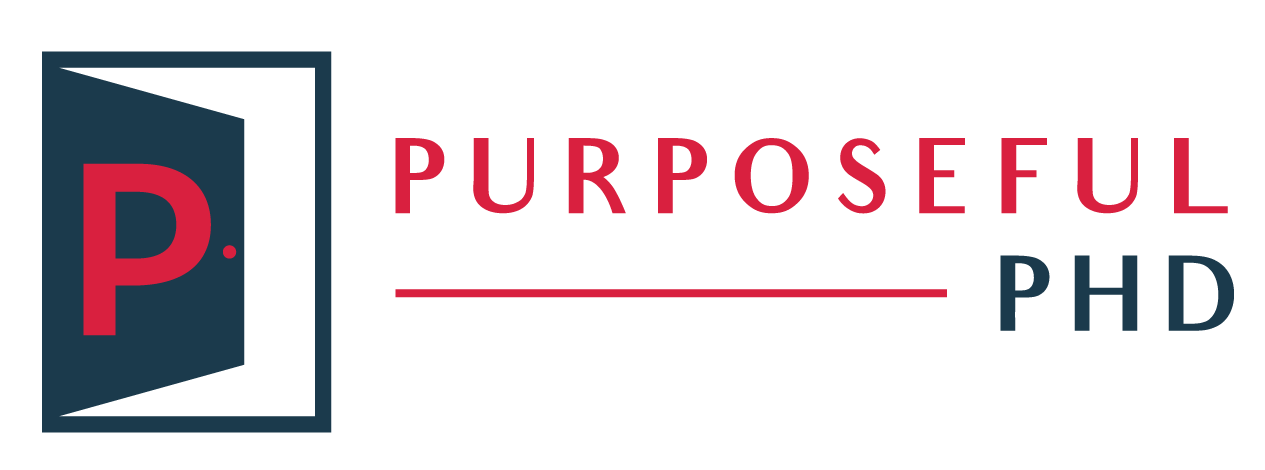
Today is a writing day, however I don’t necessarily feel like writing. Can you relate? I hear often that writing should happen everyday as a part of being an academic. And I’ve often been resistant to this idea because some days there’s no time for writing. Some days I may not feel like writing. And some days I may want to write but the words don’t come. This said, how is it then that even in this moment I’m still able to populate what was once a blank space with words.
Getting into a groove with writing is something that is inherently a necessity while working towards your doctoral degree. Whether you require big blocks of uninterrupted time to get everything down (and good luck with that by the way) or if you have a routine daily practice of writing for 30 minutes or something in between, it’s all okay as long as you can find your own groove with writing.
What has been most helpful for me with writing more often than not has been to develop some simple practices that push me to write even when I don’t want to.
First, I block a time on my calendar specifically to write. If you don’t plan your time, most things will get lost in the minutia of the day. This can come and go in spurts. If you can block a 30-minute period to write everyday go for that. Or if you can commit to a couple of days a week with 2-hour blocks let’s start with that. I definitely know that over fifteen years I have written the most when I have planned my time, ahead of time to write.
Second, I give a name and purpose to that writing time. For example, today is blog post writing during my writing block. However, Friday’s writing period belongs solely to a specific grant. Or for you it may be for an upcoming paper, a section of a paper, dissertation chapter, or course paper. Giving a name to that writing time establishes what the purpose of the writing time is so that you can limit yourself to focusing solely on a small portion of writing and not on cranking out something unrealistic such as a complete dissertation chapter in an 8-hour period. May not be likely to happen.
Third, I prepare for my writing time. For example, let’s say that I’m working on revisions for a manuscript. Before I start my writing time, often the day before I will print out the paper, print out the reviewer comments, and may even take 20 minutes to generate a plan for my writing time. If I’m working on a new review article or grant, then preparation may involve gathering all the of the articles related to a particular topic or section and organizing them. Sometimes I do this the old school way and print them out, and pack up into my backpack. Other times, I’ll save all the pdfs to a folder or ensure they’re downloaded into my Endnote library file and grouped by topic. Whatever you need to help with your writing time, try in advance to gather all of those items so that you don’t have to spend any of your writing time actually gathering those things and distracting yourself with searching for papers and books and not writing.
Fourth, I identify a dedicated space to write and remove distractions. This could involve agreeing to work from home for two hours to write. This one can be challenging especially if others are around or I put myself close to the laundry room or kitchen. Thus, I have to go into the basement, keep all devices on silent or vibrate, and bring down all my snacks and water so I don’t allow myself to move for those two hours. More often however, my space is my office in which I kindly close the door to signal to others I really am working on something critical and am for a short while unavailable. On my desktop or laptop, I fully exit out of my email so that notifications don’t pop up on screen. My best place to write however, is at a random coffee shop where I can get comfortable in a nice leather chair, sip on a warm chai tea latte, and be surrounded by others that are writing or working on seemingly important things. Somehow this chatter I find not to be distracting but it more becomes background noise. I think you get it. Already know and have set aside a dedicated space that you will use to write.
Fifth, I build in accountability to ensure that I’m going to produce something at the end of my writing time. This could be letting a collaborator or co-author know in advance that by the end of my writing time, I will send them a draft of a manuscript or grant section. Or it could be actually sharing my physical writing space with a small group of other folks that are writing on various things. This approach gives me the physical accountability to sit there and actually get something written because I have to report out on what I’ve accomplished in literally like an hour. Maybe you will let your advisor know that you will get them a draft of your chapter by X day so that you can hold yourself to generating something to turn in. Or it may be notifying a peer to be ready by that time so they can give you feedback. When you’re not just going it alone and know that others are expecting something from you related to your writing, you’re more likely to show up.
The last couple of things that help with my writing routine are very practical.
Sixth, I draft an outline to frame my writing. For example, with today’s post:
- Title- Developing routine writing habits
- Intro
- Reflection on feelings about writing
- Steps on what’s necessary to write
- Blocking a time
- Naming the time
- …
- Closing remarks
The outline is a quick guide that will allow you to start to fill in some of the blanks because you have a sense for what should go into a given section.
Finally, I give myself the freedom to let anything show up on my screen or paper first without correction or overthinking it. I mean seriously, I had no idea where today’s blog post was going initially, because I truly did not feel like writing. However, the more I just kind of let the words spill out then the more words that I see the more I continue to want to let my thoughts flow. Editing will certainly happen later and many times over. However, not having anything to edit will only delay your progress towards completing your writing goals. Just try it. Don’t judge yourself when you write and just get out whatever scrambled up thoughts, imperfect sentences, incorrect information, whatever that comes out put it down. And in your next writing time, now you have something to work with and can begin the fun of editing to make this writing piece better.
Thank you for being here today to hold me accountable to getting this blog post written. I hope you are encourage and act on developing a writing routine that will work for you. If you have tips or things that help with your writing, please leave in the comments below so others our community, including myself can learn something that might help us along.
Until next time, write more!
Renã AS Robinson, PhD

